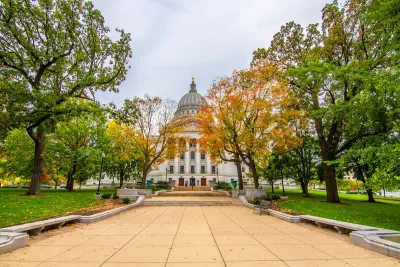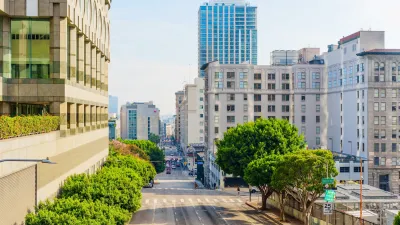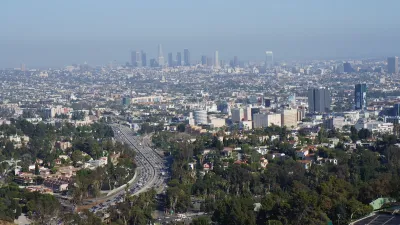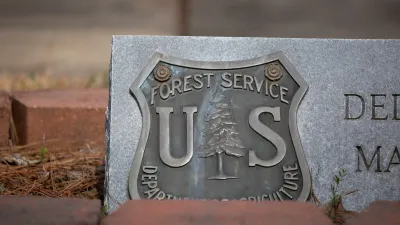Madison’s annual tree planting initiative is enhancing environmental resilience, public health, and community livability by adding 1,400 carefully selected trees citywide, with strong community and institutional support for urban forestry.

The City of Madison’s Urban Forestry team has launched its annual spring tree planting initiative, aiming to plant around 1,400 trees across the city in April. These trees, representing 33 species chosen for their resilience and biodiversity, will primarily replace sick or damaged trees and enhance greenery in growing neighborhoods. City forester Ian Brown emphasized that urban forestry involves cultivating trees in shared human environments—along streets, in medians, parks, and even private yards—where each tree must independently thrive.
As reported by Abigail Wandersee, Madison’s approach to urban forestry is highly intentional, considering environmental stressors such as drought, heat, and disease. The selection process for species is designed to support long-term canopy growth, increase biodiversity, and bolster the city’s ability to withstand the impacts of climate change. According to Brown, the initiative not only improves environmental sustainability but also enhances public health by reducing heat through canopy coverage and improving residents' mental well-being by increasing access to green spaces.
Urban forestry is deeply embedded in Madison’s development process, with city planners and developers often required to consult the forestry department before moving forward with major projects. This level of community and institutional support reflects Madison’s strong commitment to trees as vital infrastructure for a healthier, more livable city. Brown encourages students and residents alike to get involved through programs like Arbor Day or explore careers in forest science, highlighting how local action can contribute to broader environmental resilience.
FULL STORY: Madison’s tree planting initiatives strengthen community health

Planetizen Federal Action Tracker
A weekly monitor of how Trump’s orders and actions are impacting planners and planning in America.

Maui's Vacation Rental Debate Turns Ugly
Verbal attacks, misinformation campaigns and fistfights plague a high-stakes debate to convert thousands of vacation rentals into long-term housing.

Restaurant Patios Were a Pandemic Win — Why Were They so Hard to Keep?
Social distancing requirements and changes in travel patterns prompted cities to pilot new uses for street and sidewalk space. Then it got complicated.

In California Battle of Housing vs. Environment, Housing Just Won
A new state law significantly limits the power of CEQA, an environmental review law that served as a powerful tool for blocking new development.

Boulder Eliminates Parking Minimums Citywide
Officials estimate the cost of building a single underground parking space at up to $100,000.

Orange County, Florida Adopts Largest US “Sprawl Repair” Code
The ‘Orange Code’ seeks to rectify decades of sprawl-inducing, car-oriented development.
Urban Design for Planners 1: Software Tools
This six-course series explores essential urban design concepts using open source software and equips planners with the tools they need to participate fully in the urban design process.
Planning for Universal Design
Learn the tools for implementing Universal Design in planning regulations.
Heyer Gruel & Associates PA
JM Goldson LLC
Custer County Colorado
City of Camden Redevelopment Agency
City of Astoria
Transportation Research & Education Center (TREC) at Portland State University
Jefferson Parish Government
Camden Redevelopment Agency
City of Claremont





























